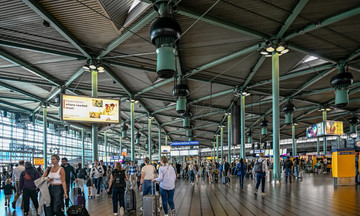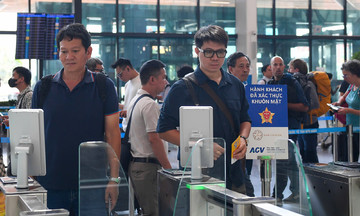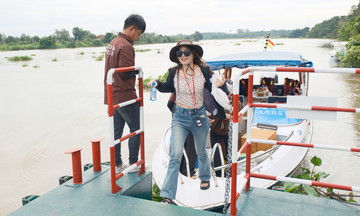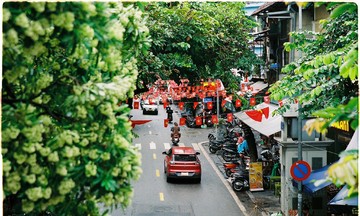The Ministry of Internal Affairs and Communications approved the city's proposal on 3/10, paving the way for the new tax, which is set to take effect next year. This marks the first increase since the accommodation tax was first introduced in 2018.
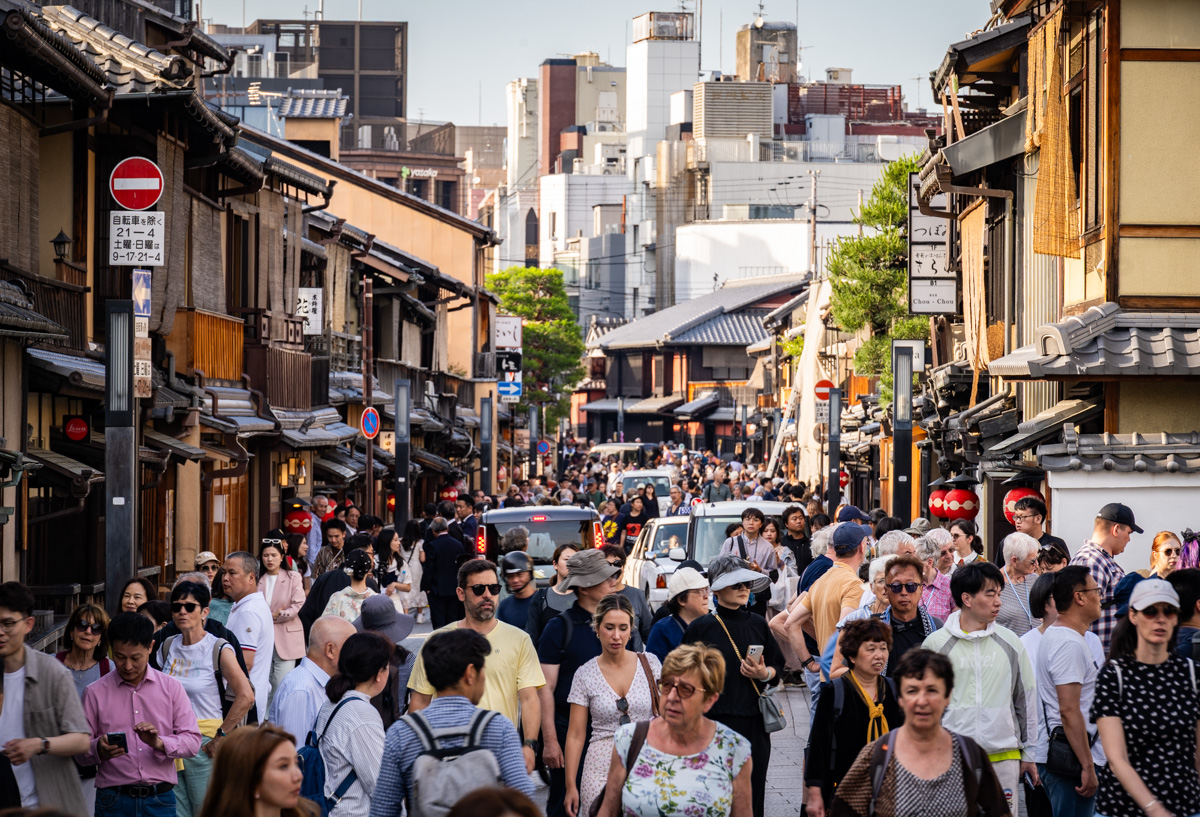 |
Tourists in Kyoto. *Photo: Travel Caffeine* |
Under the new regulations, Kyoto anticipates a rise in accommodation tax revenue from 5,2 billion yen (nearly 800 billion VND) to 12,6 billion yen (over 1,9 trillion VND). City officials state these funds will "enhance appeal" and foster sustainable tourism.
Currently, visitors to Kyoto pay a maximum accommodation tax of 1,000 yen (approximately 150,000 VND) per night.
The new tax rates are tiered, based on the room price per night:
| Accommodation Type | Tax per night |
| Luxury hotels | 10,000 yen (approx. 1,5 million VND) |
| Rooms priced 50,000-99,000 yen (7,5-15 million VND) per night | 4,000 yen (approx. 600,000 VND) |
| Rooms priced 20,000-49,999 yen (3-7,5 million VND) per night | 1,000 yen (approx. 150,000 VND) |
| Rooms priced 6,000-19,999 yen (900,000-3 million VND) per night | 400 yen (approx. 60,000 VND) |
| Under 6,000 yen (under 900,000 VND) | 200 yen (approx. 30,000 VND) |
This tax increase occurs amid a post-pandemic tourism boom in Japan. Last year, the country welcomed a record 36,9 million international visitors, a 15,6% increase from 2019. While the surge in visitors provides economic benefits, it also creates challenges, particularly overtourism.
At Mount Fuji, "jammed crowds" on its slopes have prompted concerns about pollution and safety. Numerous local governments are planning to upgrade infrastructure and expand public transportation to meet demand.
Experts suggest Kyoto's tax is not meant to deter visitors. Instead, it ensures tourists "share the cost of measures addressing overtourism".
"After years of record demand, destinations are seeking to alleviate pressure on local infrastructure and communities", stated Nicholas Smith, digital director of holidays for online travel company Thomas Cook.
He added that these taxes are designed to reinvest in the city's attractions, including cultural preservation, public transportation, sanitation, and improved visitor management.
Smith believes Kyoto's tiered tax system will have "an insignificant negative impact if it creates value". He noted, "Travelers selecting luxury accommodations typically prioritize quality and uniqueness. When they observe their contributions supporting local sustainability and enhancing the destination, it elevates, rather than diminishes, their experience".
Hoai Anh (According to Euronews)



